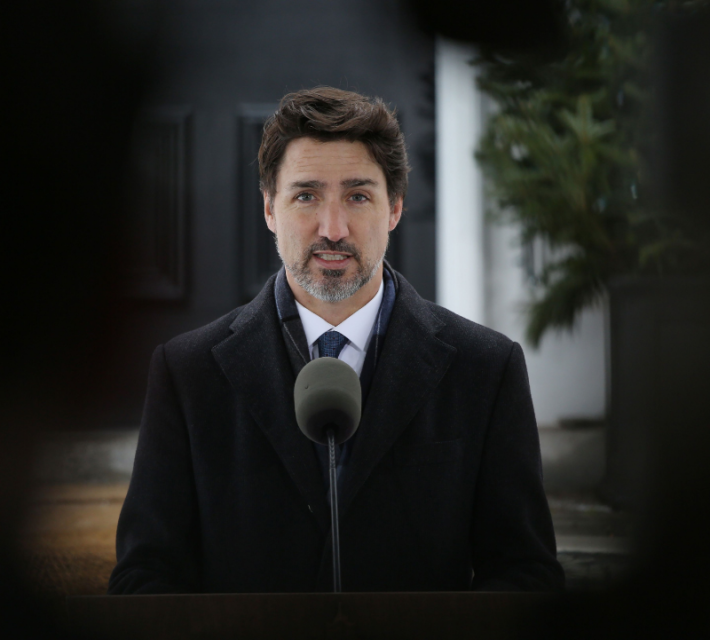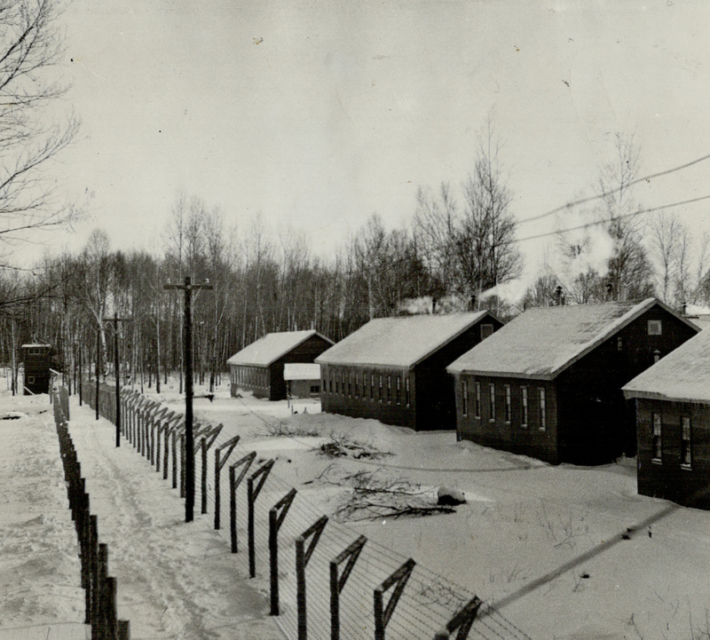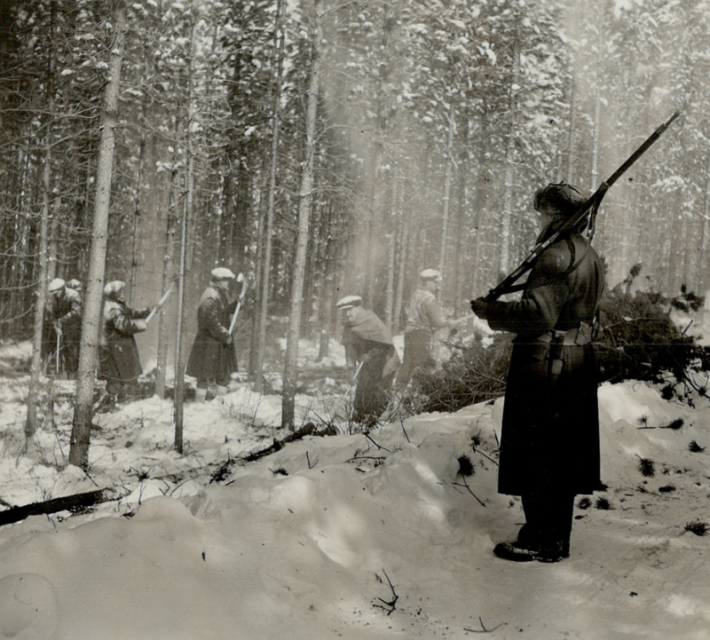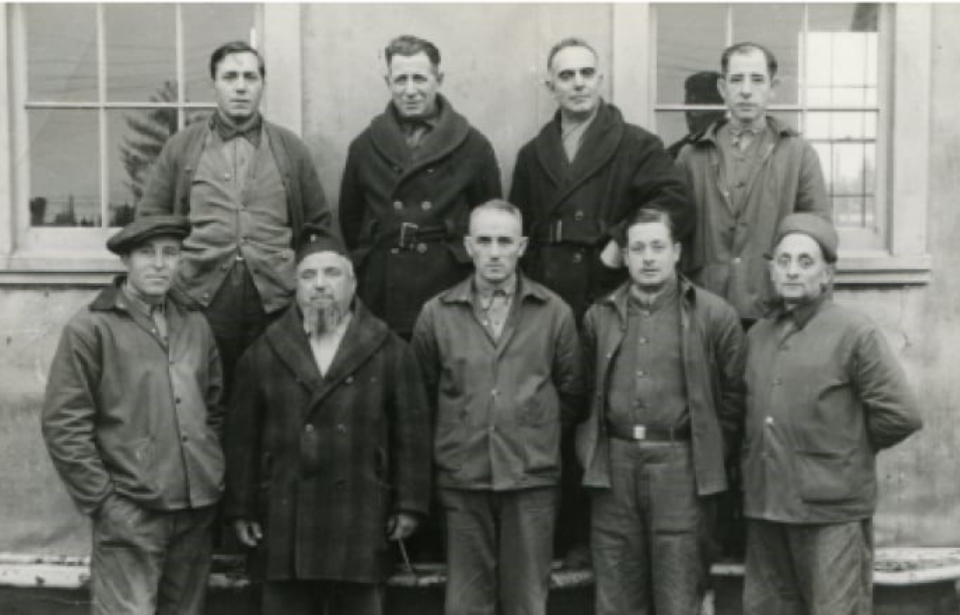On the 27th of May, 2021, Canadian Prime Minister Justin Trudeau made a formal apology to Italian Canadians for their internment during WWII after Canada declared war on Italy.
After the declaration of war, over 30,000 Italian Canadians became “enemy aliens” — people who belong to a foreign nation that the government is in conflict with. Often, governments see these people as potential threats to the safety of their own nation.
Canada’s enemy aliens
These enemy aliens were fingerprinted, monitored, and had to report to local authorities every month. At the same time, any fascist groups immediately became illegal. Today, it is accepted that the treatment of what were once innocent civilians was unfair and was directly contradicted the beliefs Canadians were fighting to protect.

Trudeau said, “To the men and women who were taken to prisoner of war camps or jail without charge — people who are no longer with us to hear this apology — to the tens of thousands of innocent Italian Canadians who were labeled enemy aliens — to the children and grandchildren who have carried a past generation’s shame and hurt — and to their community — a community that has given so much to our country — we are sorry.”
The enemy aliens were subject to discrimination, and many lost their jobs and business. Roughly 600–700 people who were considered particularly dangerous for supposed fascist ties were arrested and taken to internment camps.
“When, on June 10th, 1940, this House of Commons declared war on Mussolini’s fascist regime in Italy, Canada did not also have to declare war on Italian Canadians,” Trudeau said. “To stand up to the Italian regime that had sided with Nazi Germany — that was right. But to scapegoat law-abiding Italian Canadians — that was wrong.”

The enemy aliens were forced into this new way of life without any fair trial or opportunities to defend themselves. “When the authorities came to their door, when they were detained; there were no formal charges, no ability to defend themselves in an open and fair trial, no chance to present or rebut evidence,” Trudeau explained. “Yet still, they were taken away to Petawawa or to Fredericton, to Kananaskis or to Kingston.”
On September 3, 1939, the War Measures Act and the Defence of Canada Regulations were brought into effect, which gave the government extra authority to deal with enemy aliens. With these powers, they were legally able to limit the activities, detain without charge, and seize the property of Canadian inhabitants that were born in countries that were at war with Canada.
Canada was not alone in interning enemy aliens
Canada was not the only country in the war to class foreign residents as enemy aliens. The handling of enemy aliens in the United States is perhaps the most famous, as they interned as many as 110,000 Japanese Americans and 11,000 Italian Americans in camps across the United States. Likewise, German Americans also became enemy aliens once the two nations were at war.

The United Kingdom also had its own system, which was complicated by the huge numbers of refugees fleeing the destruction across Europe. However, the British actually utilized a large number of enemy aliens in their special forces. The ability to speak foreign languages as well as their personal motivation to save their home country was valuable to the British. The British trained these men in No. 3 Troop of No. 10 Commando, known as X-Troop.
X-Troop was comprised mostly of Jews from Germany and Austria who had fled the persecution by the Nazis.
More from us: Czech Aircrew Remains Found At WW2 RAF Crash Site
Today, Canada is home to one of the biggest Italian populations outside of Italy, with 1.6 million Italian Canadians living in the country.
Trudeau said, “Canadians of Italian heritage have helped shape Canada, and they continue to be an invaluable part of the diversity that makes us strong. Today, as we acknowledge and address historical wrongs against the Italian Canadian community, we also show our respect for their great contributions to our country.”
